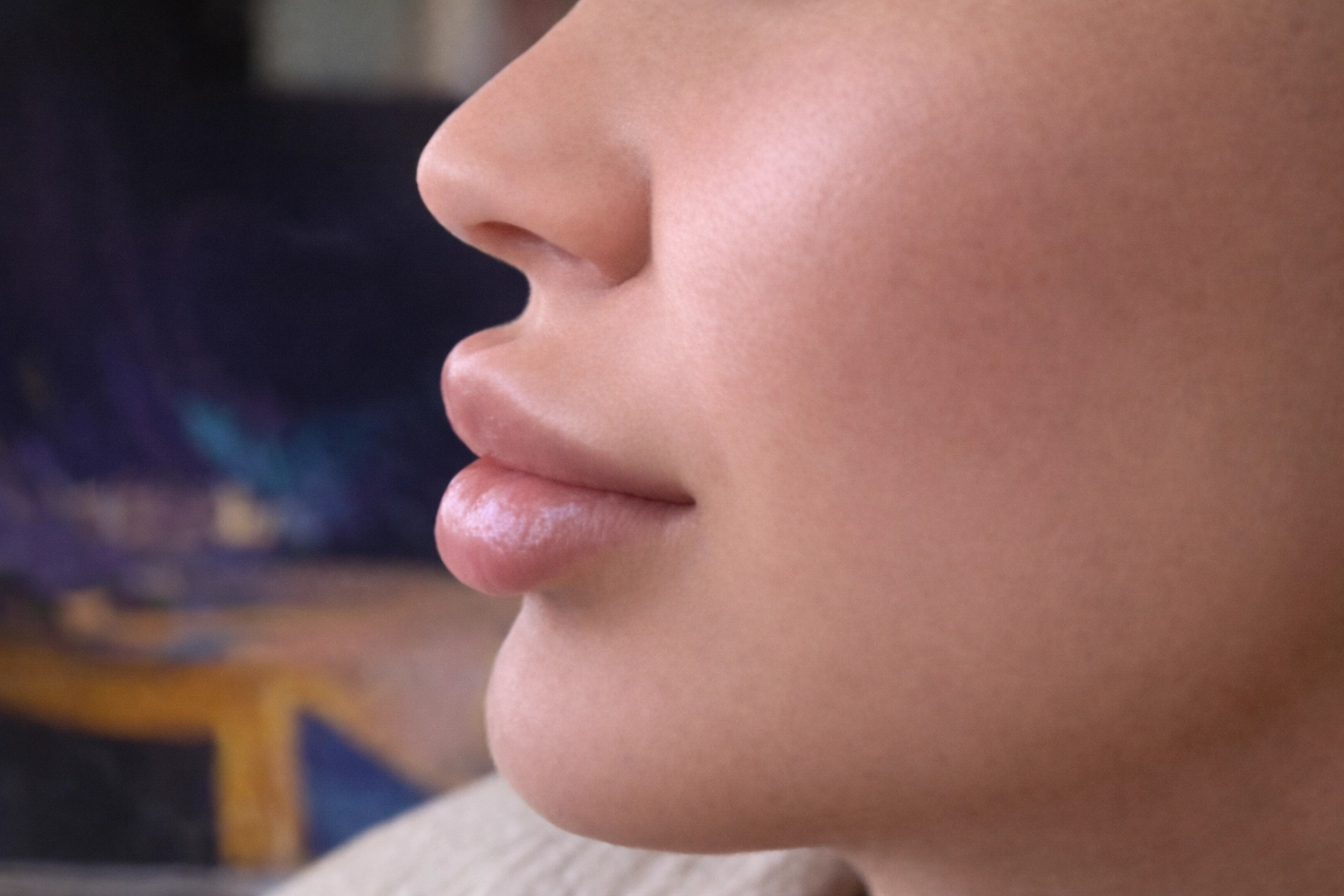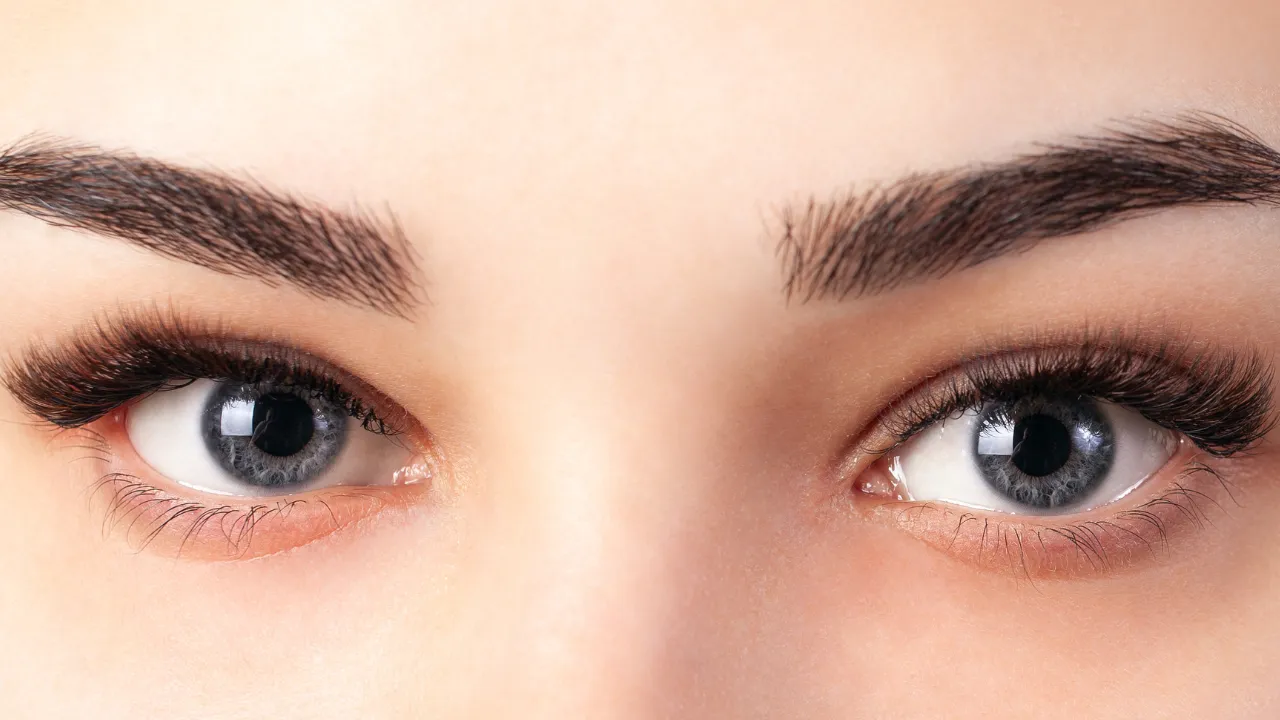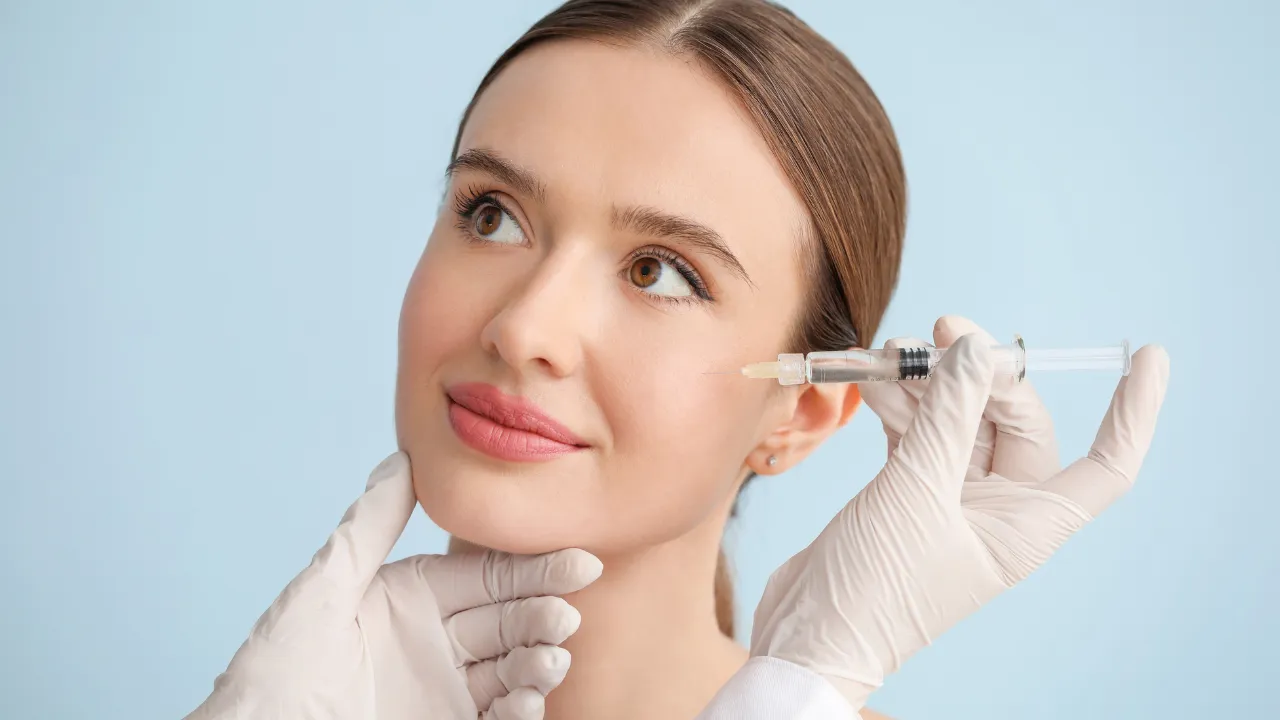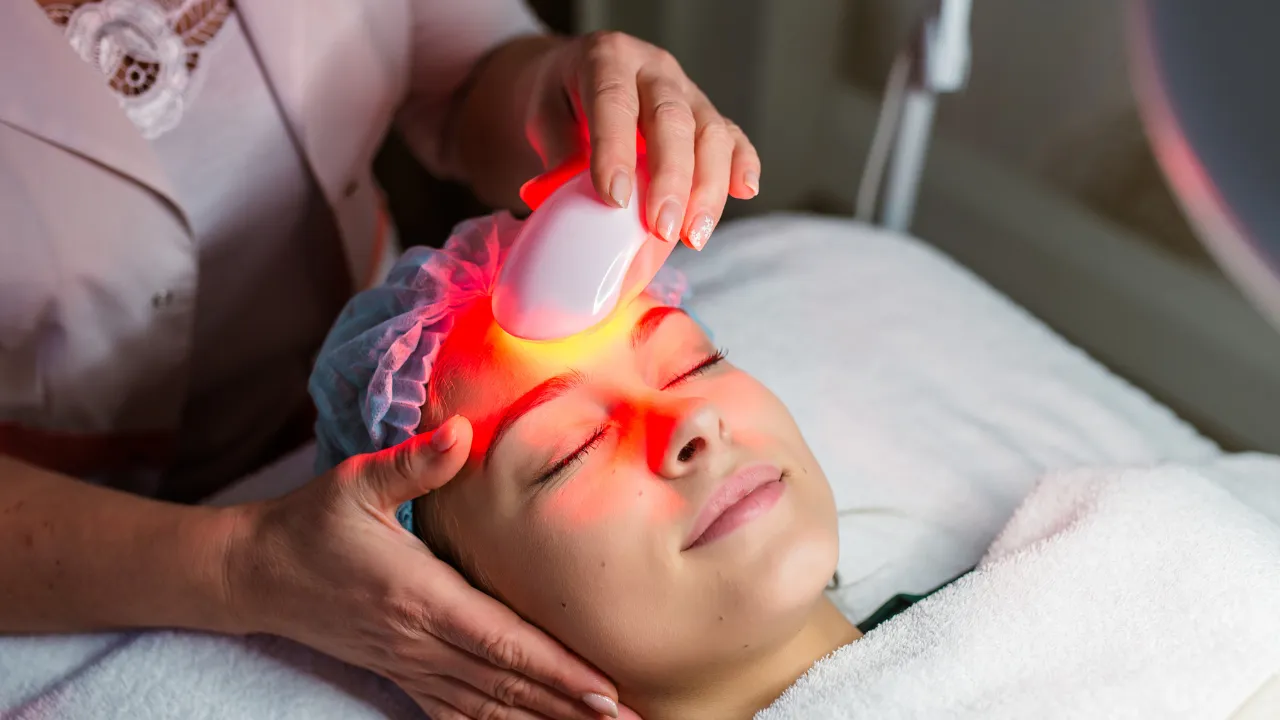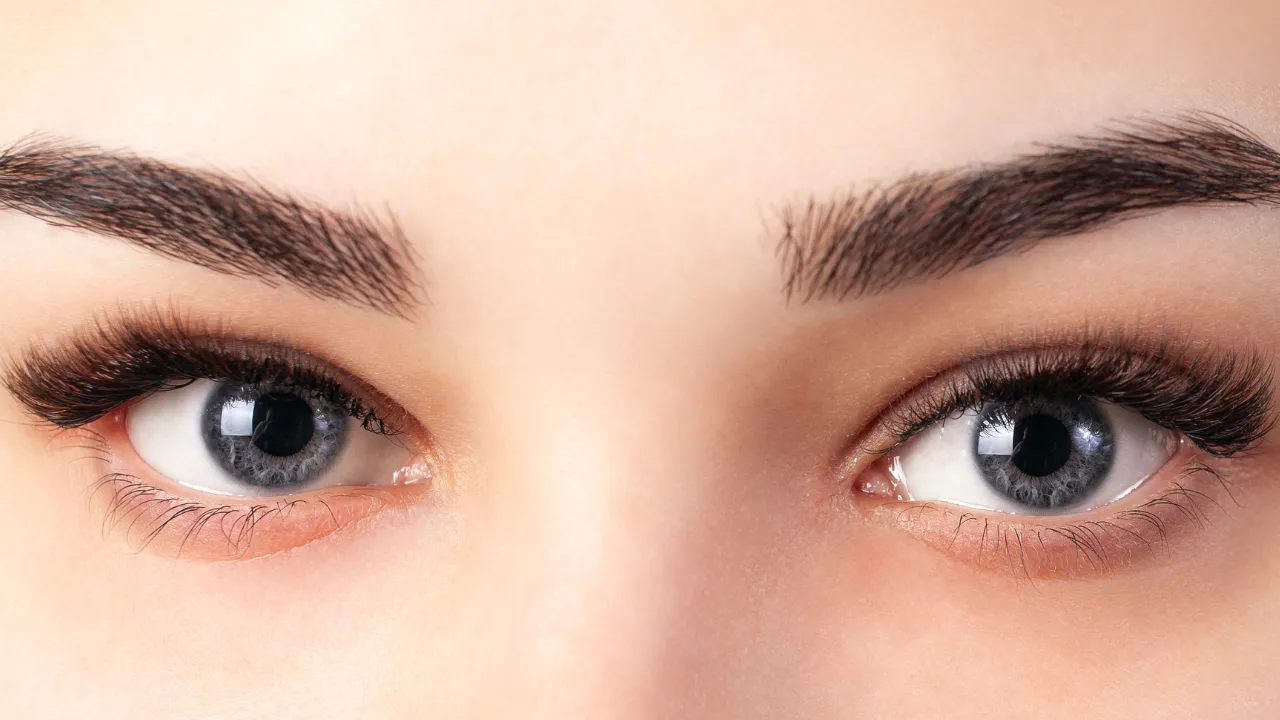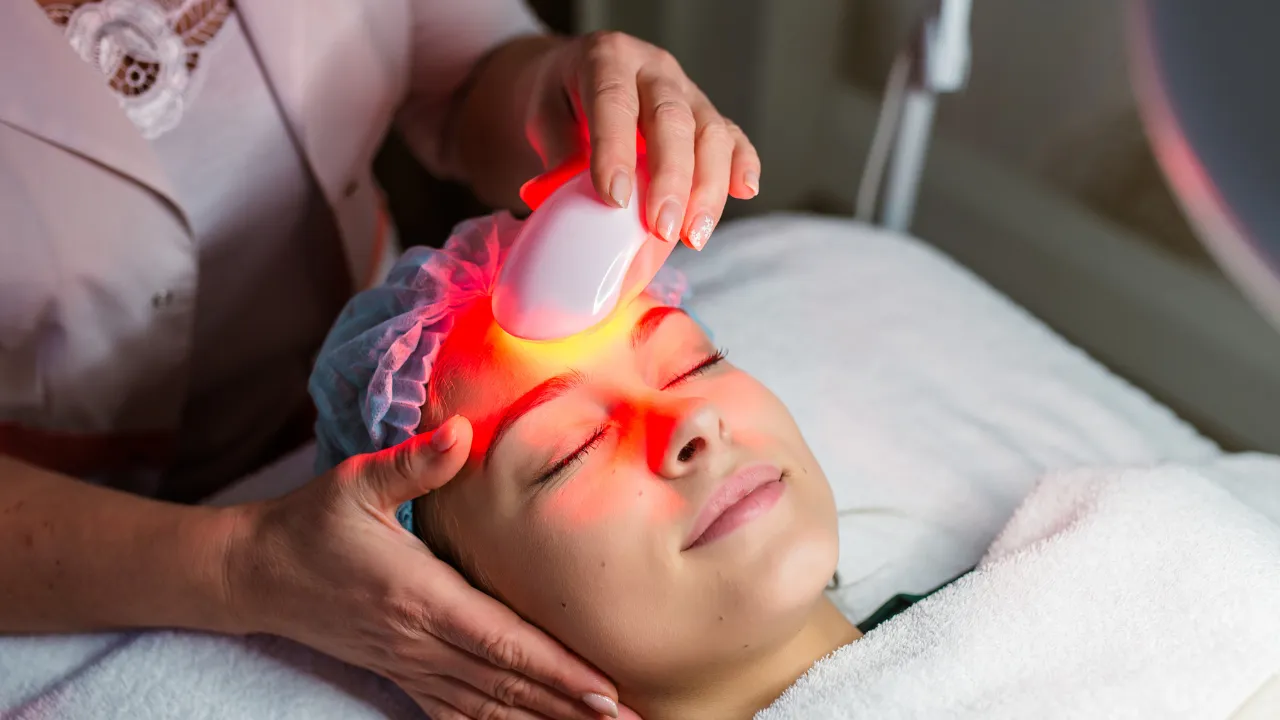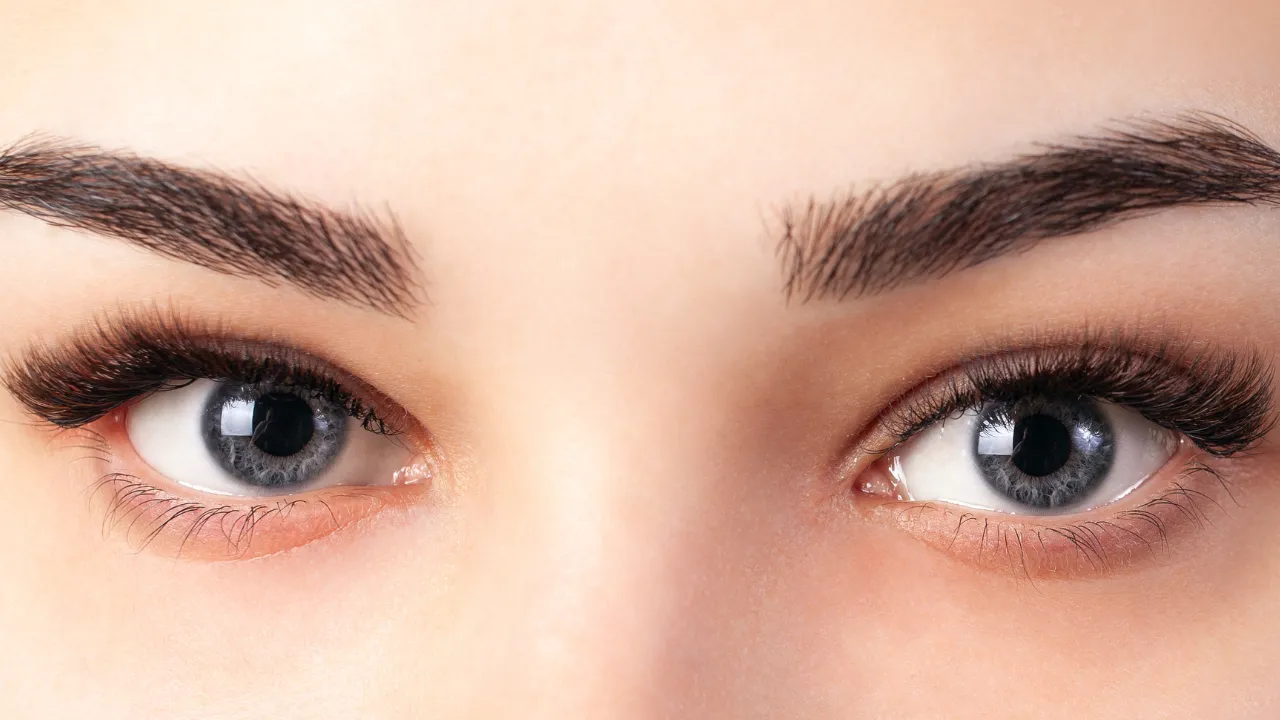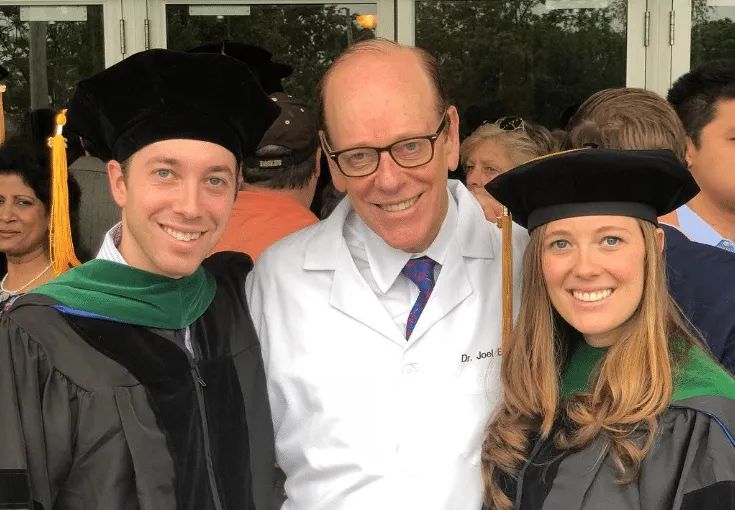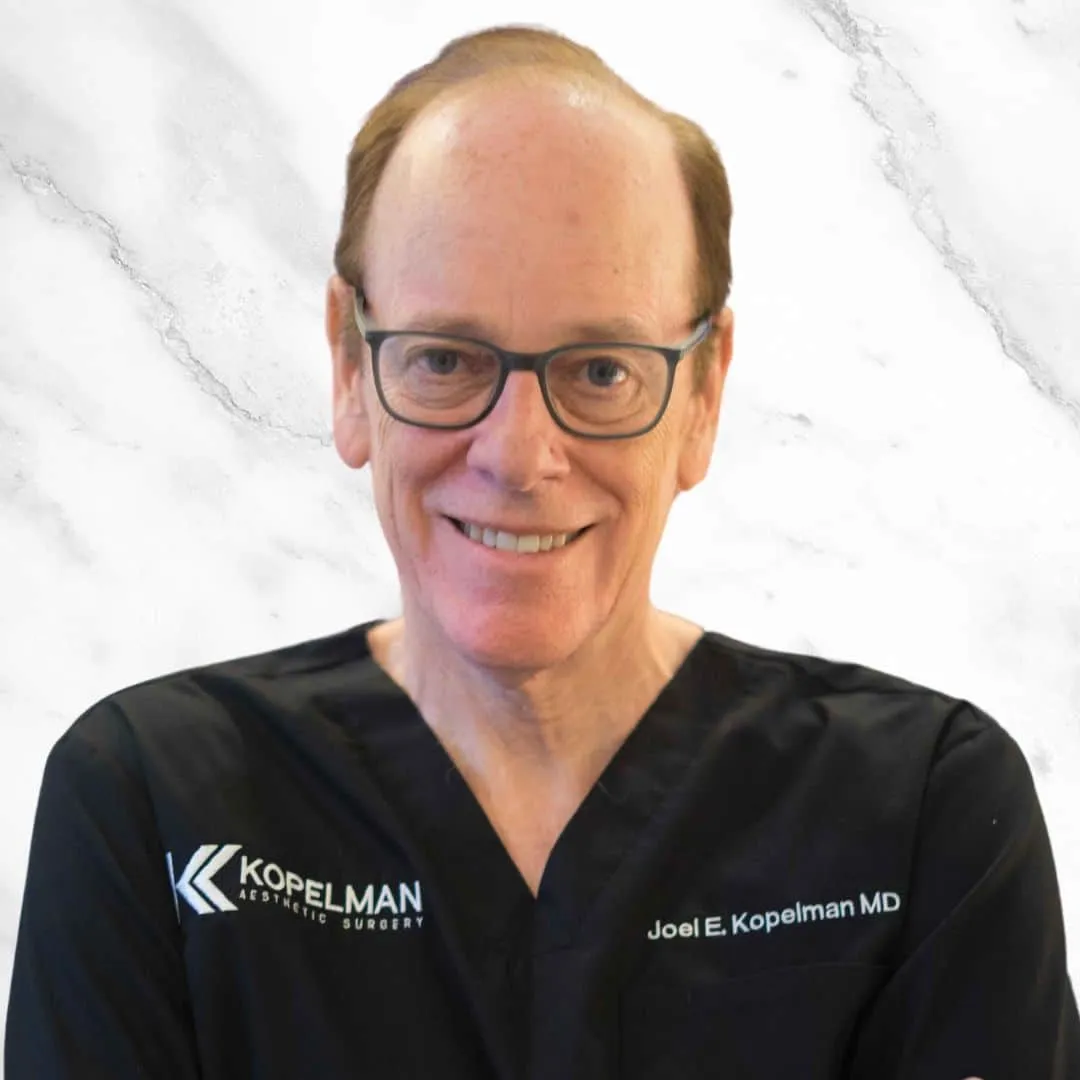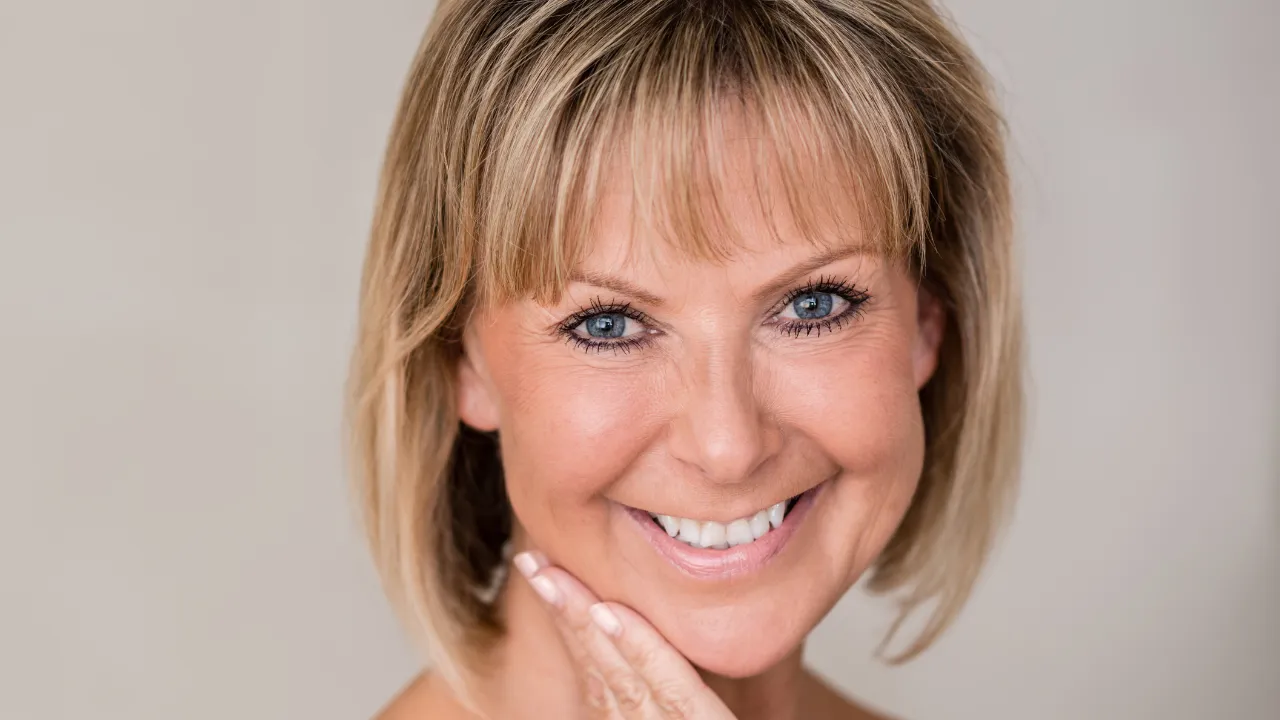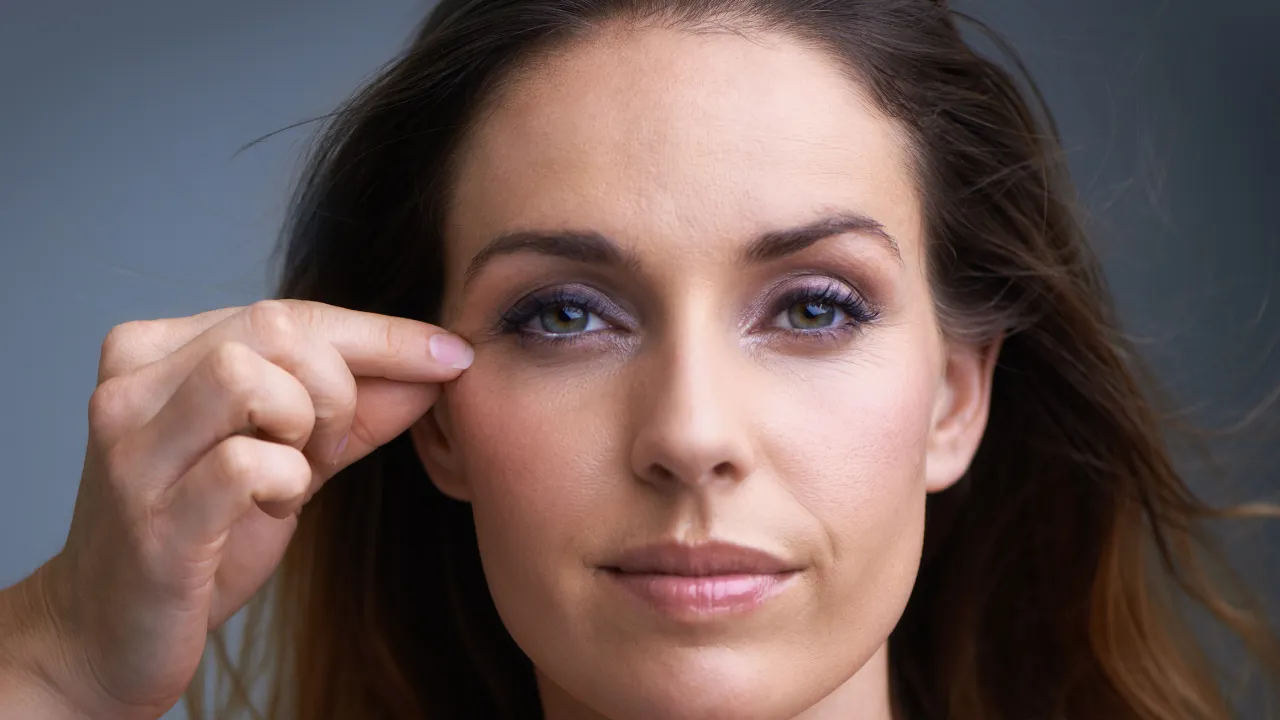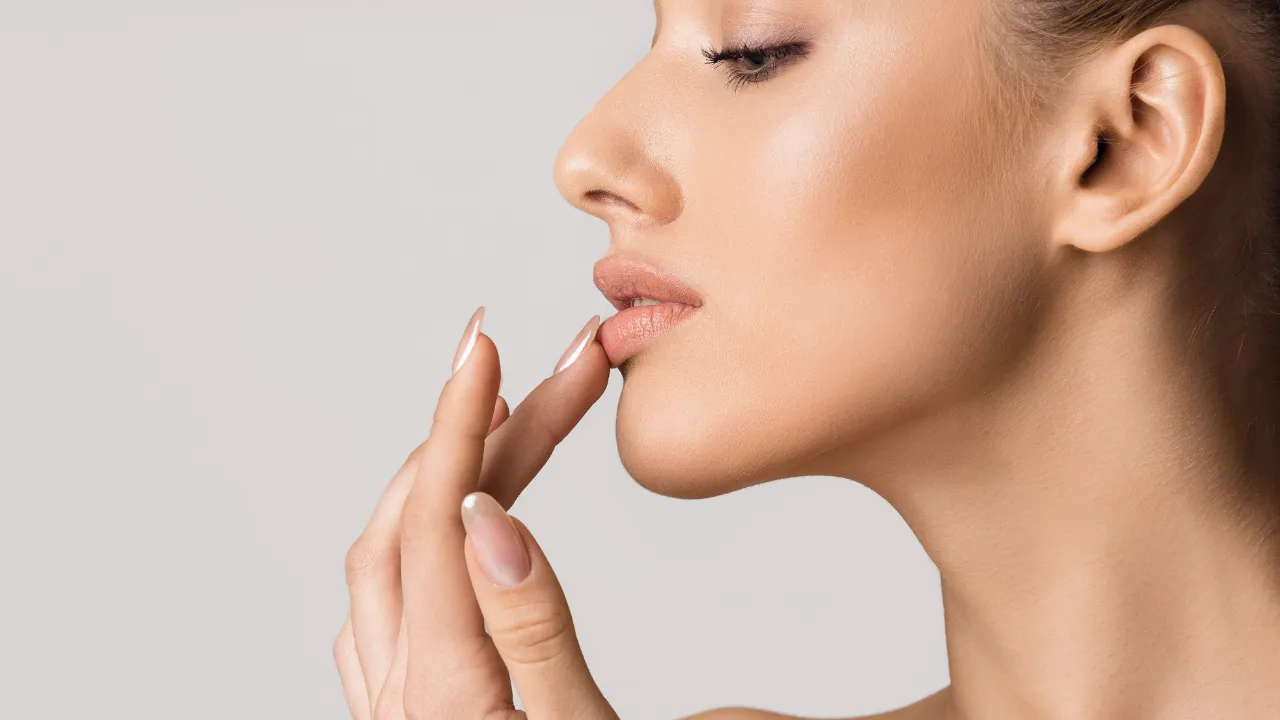At Kopelman Aesthetic Surgery in New York City, patients often wonder what questions to ask before a blepharoplasty. The most important questions focus on your surgeon’s experience, their board certification, the surgical technique they recommend, the expected recovery period, and potential risks or complications. These areas give you the clearest picture of safety and results.
If you are considering eyelid surgery, the right questions help you choose a qualified surgeon and set realistic expectations. They also ensure your consultation covers the details that matter most for your health and long-term satisfaction.
Key Takeaways
- Asking the right questions before a blepharoplasty helps confirm your surgeon’s qualifications, clarify risks, and set realistic expectations for results.
- Patients should prepare a structured list of questions, including inquiries about techniques, recovery time, and follow-up care, to make consultations more effective.
- Upper and lower eyelid surgeries address different concerns, and not all patients are ideal candidates, making candidacy evaluation an essential step.
- Preparation includes medical tests, lifestyle adjustments, and arranging home support to ensure a safe procedure and smoother recovery.
- Consultations with experienced surgeons like Dr. Joel Kopelman provide tailored advice, reassurance, and guidance for making an informed decision.
Table of Contents
ToggleWhat to Ask Before a Blepharoplasty
Patients frequently ask, What can I ask before a blepharoplasty? The focus should be on the surgeon’s training, experience, and approach to your case. A short list of questions keeps the consultation clear and productive.
- How many blepharoplasty procedures have you performed?
- Are you certified by the American Board of Plastic Surgery or another recognized board?
- What surgical technique do you recommend for me?
- What are the risks, and how are they managed?
- How long is the recovery process and expected recovery period?
- What type of anesthesia will be used?
- How much will the procedure cost?
- Can I see before-and-after photos?
- What happens if I am not satisfied?
- How many follow-up visits will I need?
This numbered list provides a strong foundation, and you can add personal concerns tailored to your lifestyle and goals.
Questions to ask a surgeon before blepharoplasty
Start with the basics about your surgeon’s background:
- How many eyelid surgeries have you performed?
- Are you board-certified?
- What is your complication rate?
These confirm that your surgeon is skilled in eyelid surgery specifically.
Questions to ask a plastic surgeon before eyelid surgery
Ask about the surgery itself:
- What technique will you use?
- Will I need upper, lower, or combined surgery?
- Where will the procedure take place?
These questions clarify the surgeon’s treatment plan.
Questions for Specific Procedures
Questions for upper blepharoplasty
If drooping or sagging skin on the upper eyelids is a concern, ask:
- How will this procedure improve my vision or appearance?
- What type of scar should I expect?
- How long will swelling and bruising last?
For example, patients with sagging skin that is impairing vision often ask if upper blepharoplasty can help. Others want to know if the procedure can also refresh tired-looking eyes.
Who is not a candidate for eyelid surgery
Ask your surgeon if any of these apply to you:
- Medical conditions that affect healing.
- Eye disorders like dry eye syndrome or glaucoma.
- Unrealistic expectations about results.
While not everyone qualifies, most healthy adults with realistic goals are good candidates. A thorough evaluation with Dr. Kopelman, who performs blepharoplasty regularly, ensures that safety is prioritized. Patients who may not qualify still receive guidance on safe alternatives.
What to Know and How to Prepare for Eyelid Surgery
Recovery expectations and downtime
Most patients require 7–10 days to return to their normal activities. Swelling and bruising are common but improve with time. Ask how soon you can resume normal routines during the recovery period.
Risks and possible complications
Blepharoplasty is a safe procedure but carries risks, including infection, scarring, and temporary blurred vision. Some patients may also experience dry eyes after blepharoplasty, which usually improves as the healing process continues.
Dr. Joel Kopelman explains these risks clearly, reassuring patients that complications are rare when surgery is performed by a trained specialist. This balance helps patients feel prepared and confident.
How long do results last?
Results vary depending on age and skin quality. Many patients enjoy improvements for 7–10 years.
Does insurance cover blepharoplasty?
Insurance rarely covers cosmetic surgery. Some coverage may apply if drooping eyelids are impairing vision and medical documentation supports the case. Patients often ask how to get insurance to pay for eyelid surgery, and discussing this with your surgeon’s office can help clarify your options.
Pre-surgery medical tests and instructions
Patients may need lab tests or clearance from a doctor. Follow instructions carefully.
Lifestyle and medication adjustments
You may be asked to stop smoking, avoid blood-thinning medications, and pause certain supplements.
Preparing your home and support system
Arrange for someone to drive you home and stock up on simple meals. A well-prepared space supports the healing process.
Preparing for Your Consultation
During your consultation, Dr. Kopelman will ask about your history, review your goals, and explain treatment options. This process helps you feel more comfortable and better prepared.
To make your consultation more productive, consider these steps:
- Gather your medical history.
- Write down your top questions.
- Collect old photos to show your natural features.
- Arrange recovery time in your schedule.
Sharing your medical history
Be honest about medications and conditions. This ensures a safe plan.
Photos and examples of desired results
Bringing photos helps your surgeon understand your goals. Dr. Kopelman uses them to design a natural outcome.
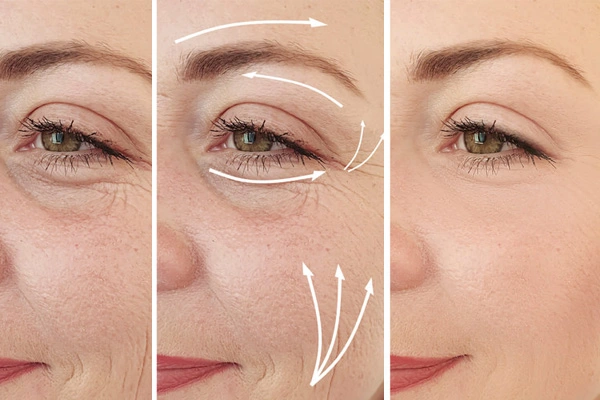
Questions about follow-up care
Ask how many follow-up visits are needed and what support is available if issues arise.
Making an Informed Decision
Comparing surgeons and clinics
Seek consultations with more than one board-certified surgeon. Compare their experience, photos, and testimonials.
Understanding costs and payment options
Request an estimate that includes surgeon fees, facility charges, anesthesia, and follow-up visits.
FAQs About Blepharoplasty
How painful is blepharoplasty?
When can I wear contact lenses again?
Can blepharoplasty be combined with other procedures?
Final Thoughts
By asking the right questions and preparing thoroughly, patients can feel confident about their decision. With decades of expertise, Dr. Joel Kopelman at Kopelman Aesthetic Surgery provides trusted guidance on the procedure and recovery, offering natural-looking results for patients seeking eyelid rejuvenation.
If you are ready to learn more, schedule a consultation today to discuss your options.





